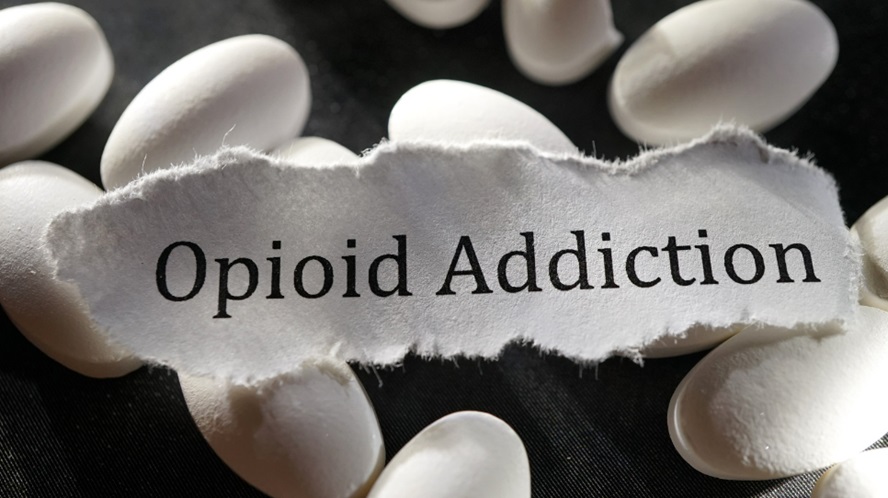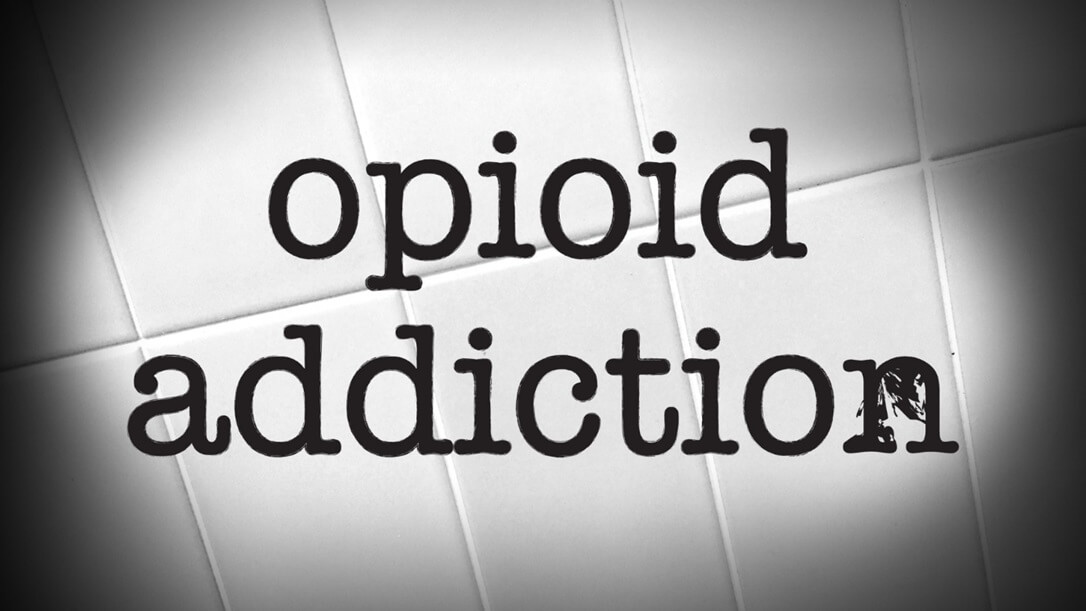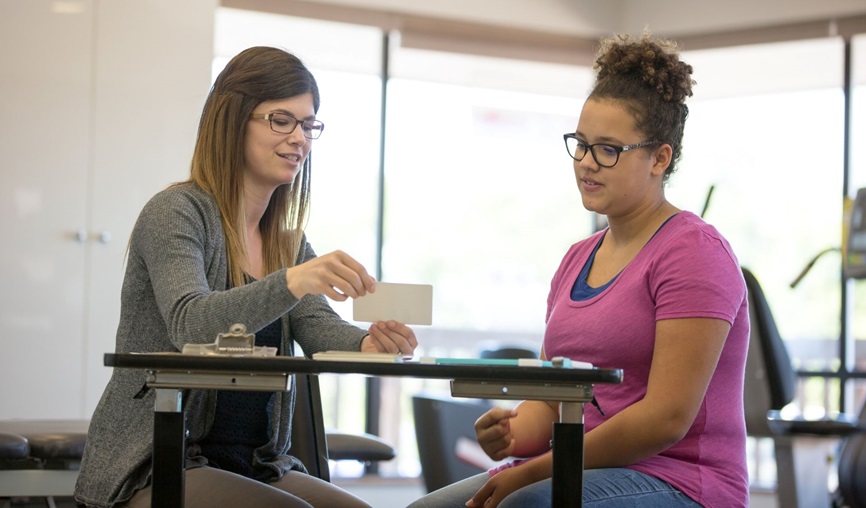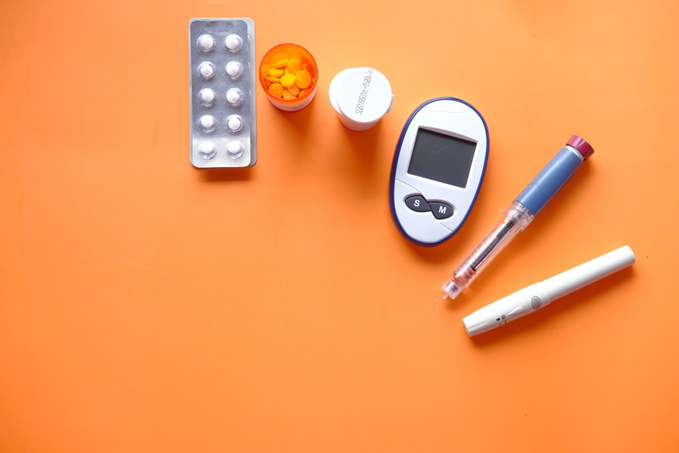The Benefits of Support Groups in Opioid Addiction Recovery

Overcoming opioid addiction can be one of the most challenging endeavors someone may face, but there are supportive measures that can help make this journey more manageable. One significant resource is participating in support groups. These groups play a crucial role in the process of opioid addiction treatment in Georgia. Support groups offer various forms of assistance that can considerably enhance the recovery experience for individuals battling opioid dependency.
Emotional and Psychological Support
Support groups provide a safe space for individuals to share their struggles and triumphs without the fear of judgment. This emotional and psychological support is invaluable in the recovery process. Being surrounded by people who have encountered similar challenges fosters a sense of community and belonging. It helps participants realize that they are not alone in their fight against addiction.
Encouragement and Motivation
One of the key benefits of support groups is the encouragement and motivation that members receive from one another. Hearing about the progress and setbacks of peers can inspire people to stay committed to their recovery journey. This collective motivation can often make the difference between relapse and continued sobriety, providing a constant reminder of the importance of perseverance.
Access to Resources and Information
Support groups often serve as a hub for valuable resources and information. Participants can learn about various treatment options, coping strategies, and lifestyle changes that can aid in their recovery. Moreover, support groups can offer insights into “read the slug” techniques that have been effective for others in similar situations. Members can share information about local services, such as counseling and addiction therapy, further empowering individuals to take control of their recovery.
Building Trust and Accountability
Accountability is a critical component of recovery. Support group members can forge trustworthy relationships where they hold each other accountable for their actions and progress. This accountability helps individuals stay focused on their recovery goals and avoid behaviors that could lead to relapse. Regular meetings and check-ins create a structured environment that fosters continuous improvement.
Reducing Isolation
Isolation is a common issue among those struggling with opioid addiction. Support groups help reduce this feeling of isolation by providing a network of individuals who understand the complexities of addiction. This sense of camaraderie can be immensely comforting and can assist in rebuilding social connections that might have been damaged by addictive behaviors.
Practical Advice
In addition to emotional support, support groups offer practical advice on managing day-to-day challenges. Members often discuss strategies for handling triggers,managing stress, and rebuilding relationships. This practical guidance can be incredibly beneficial for individuals navigating the often tumultuous early stages of recovery.
Conclusion
Support groups are indispensable in the recovery process for individuals battling opioid addiction. They provide emotional and psychological support, encouragement, and motivation, access to resources and information, and a sense of accountability. Furthermore, support groups alleviate feelings of isolation and offer practical advice for managing daily challenges. By participating in a support group, individuals can significantly enhance their recovery journey and increase their chances of achieving long-term sobriety.
Frequently Asked Questions
What is a support group?
A support group is a gathering of individuals who share a common condition or problem and meet regularly to share their experiences, provide mutual support, and offer practical solutions.
How do support groups help with opioid addiction recovery?
Support groups offer a shared space for emotional and psychological support, encouragement, resources, accountability, and practical advice, all of which play a vital role in the recovery process.
Where can I find support groups for opioid addiction?
Support groups can often be found through local healthcare providers, community centers, or addiction treatment programs in Georgia.











